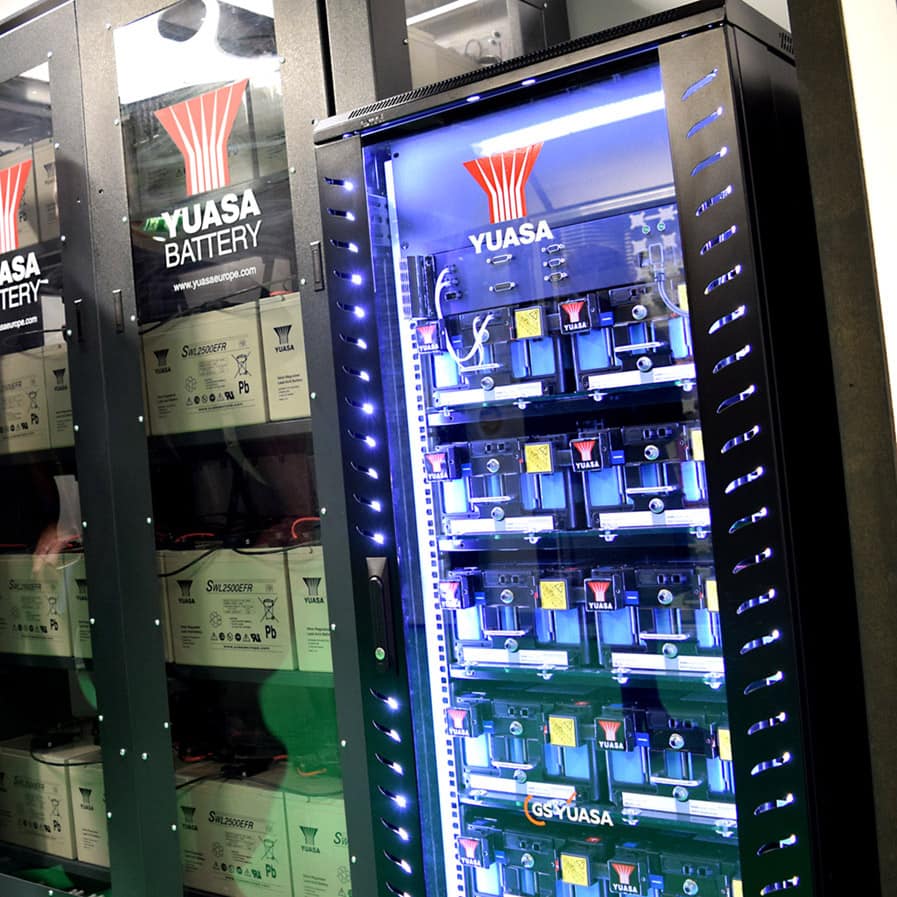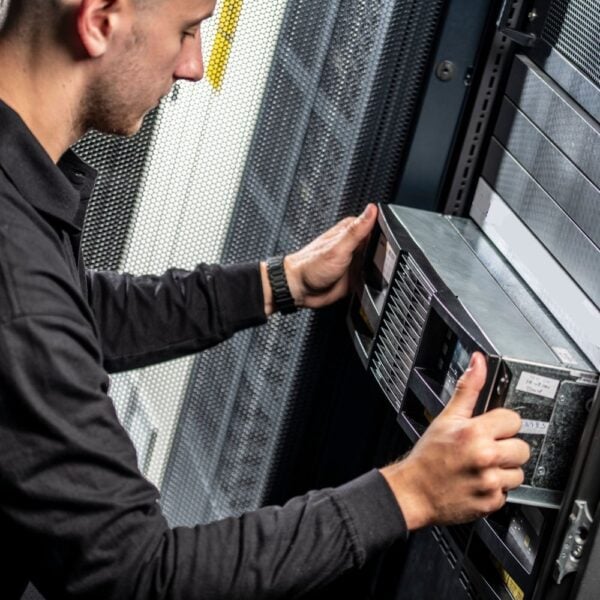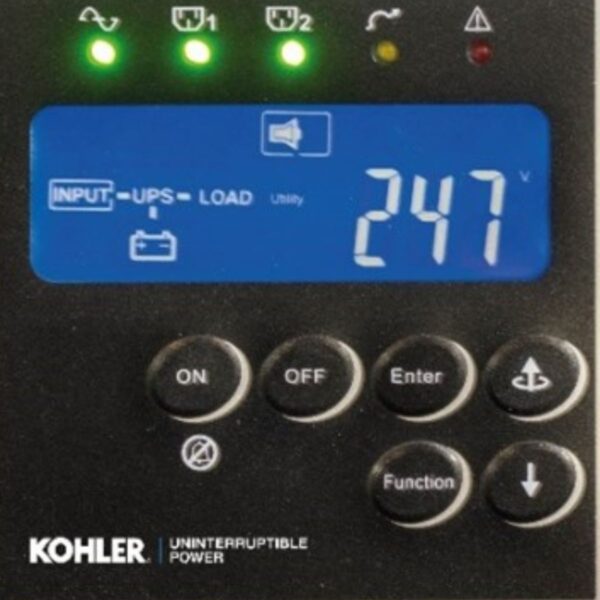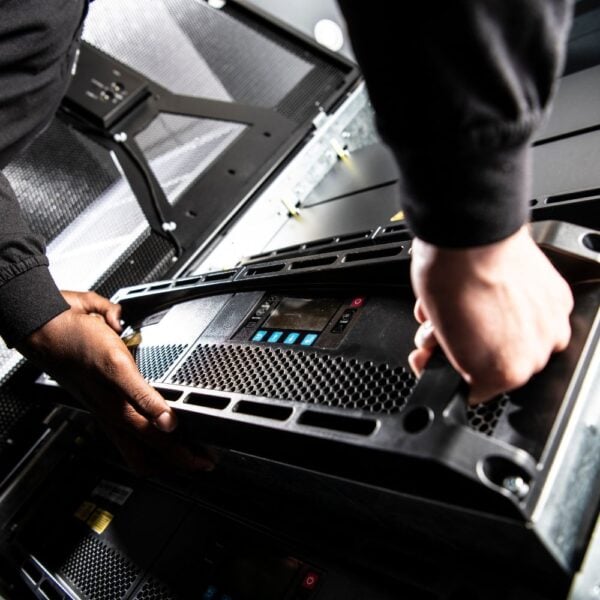Interest in lithium-ion (Li-ion) remains intense, as it’s the technology of choice for electric vehicle motive power. Yet, within reserve power applications such as UPSs, lead-acid, usually valve-regulated lead-acid (VRLA) remains the firm favourite. With decades of operational experience, VRLA is trusted within data centres, while significantly higher pricing and other factors inhibit Li-ion penetration. So, is this balance likely to change in the future?
An incumbent technology
The huge potential of the automotive industry continues to spur Li-ion investment and development – and, for electric vehicles, it’s probably already in an unassailable position. And, according to a Bloomberg article[i]; this lead will only widen as a wave of planned new Li-ion factories comes on line over the next five years. Batteries pouring from new factories in China, the US, Thailand and elsewhere will further drive down prices, which have already fallen by 85 per cent since 2010. This level of commitment will create a powerful incentive for the industry to keep tweaking Li-ion technology, improving it bit by bit, rather than adopting something else.
The article reports the views of Gene Berdichevsky, cofounder and chief executive of Sila Nanotechnologies – a company investing and innovating in Li-ion technology. He points out that Li-ion manufacturing capacity has almost tripled in the last five years alone, to reach 302.2 gigawatt-hours (GWh). The next five years’ expansion is planned to bring a further 603.8 GWh on line. With this level of incumbency, a development based on Li-ion will likely succeed far more than an innovation based on a radically different approach.
New developments
Sila, for example, is developing a silicon-based powder that can be fashioned into an anode; at the atomic level, this can contain more lithium than can the carbon in graphite, the most common anode material. As a result, the company claims, a Li-ion battery’s energy storage can be boosted by 20 per cent or more.
Another Li-ion enhancement is being developed by Ionic Materials Inc. The company is trying to perfect a solid-state battery which uses a polymer electrolyte. This will replace the flammable liquid which creates a fire risk for Li-ion batteries.
Impact on the UPS market
If future Li-ion batteries can offer greater benefits including lower pricing, improved energy density and better safety, their penetration of the data centre battery market seems likely to increase. A forecast from Bloomberg New Energy Finance[ii] certainly believes that it will; this projects a market share growth from 1 per cent in 2016 to 35 per cent in 2025.
As the barriers of cost and safety concerns are eroded, and performance improves, it will be interesting to see if the two other major impediments to the batteries’ acceptance for UPSs are reduced or removed. The first relates to the current difficulty of designing Li-ion batteries with lower autonomies without using more expensive higher discharge-rate cells; the other factor is the difficulty and expense of recycling life-expired Li-ion batteries.
It’s also important to remember that VRLA, just like Li-ion, will continue developing and fighting for its market share. While not mandatory for VRLA, increasing use is being made of battery monitoring and management systems. KOHLER Uninterruptible Power’s PowerNSURE system, for example, can increase battery life by up to 30 per cent, while also increasing reliability and reducing maintenance costs.
KUP maintains a neutral position in this debate, and will continue to do so. The company can supply either technology, and can accordingly offer customers unbiased advice on the optimum solution for their particular application.
References
[i] https://www.renewableenergyworld.com/2019/04/03/why-lithiumion-technology-is-poised-to-dominate-the-energy-storage-future/#gref
[ii] https://www.datacenterknowledge.com/business/report-lithium-ion-gain-one-third-data-center-ups-market-2025





